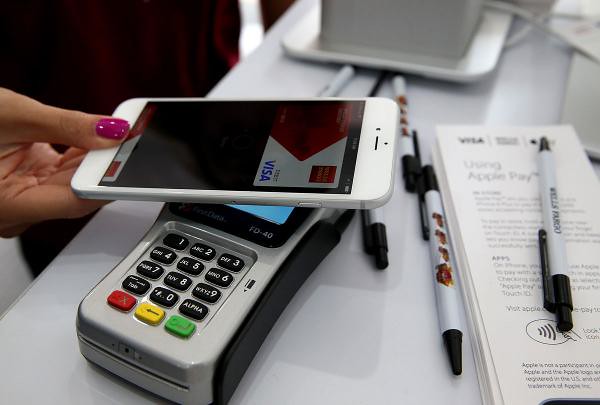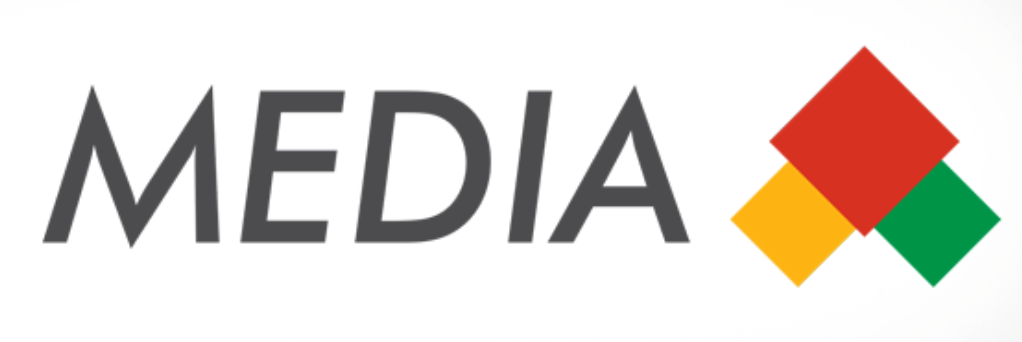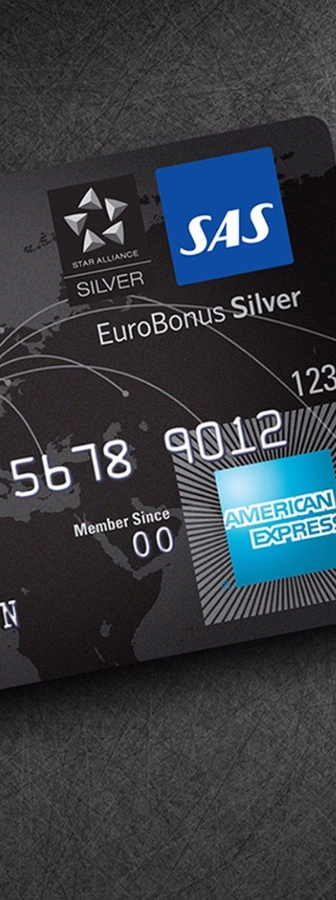The world will be a vastly different place economically after the Coronavirus pandemic. Many more countries businesses will revert to the digitization of their payment systems as their preferred form of payment. The use of Cash, especially during the pandemic, has been falling with the main instigator being a fear of infection from handling banknotes and coins.
This is very apparent in the Nordic Countries, especially in Sweden, where in the decade up until 2018, the Central Bank (RIKSBANK) stated that cash payments had dropped from 40% to 13%, a prime example being when making a small donation to a beggar or pay to use public bathroom facilities, people utilized a mobile payment a system called SWISH to pay for these services instead of cash.
NORWAY FOLLOWING SUIT
You may have noticed already, but most cafes and restaurants and other places where cash used to be prevalent, are no longer accepting banknotes or coins. The overall cash in circulation throughout Norway has been reducing over the years, but even more so during the pandemic, which has expedited Norway into becoming an almost cashless society. Whereas many years ago people’s wallets and purses would have been largely filled with Norwegian Krone notes and coins, most are now devoid of cash, with credit and debit cards being the constant.
According to Norwegian mobile payment application provider VIPPS, making contactless payments have tripled during the pandemic. Hanne Kjærnes the Communications Manager at VIPPS advised: “Norwegians have taken a big and perhaps permanent step away from cash”.
Read Also: THE NORDIC WELFARE MODEL - IMPACT OF THE COVID19 PANDEMIC
THE BENEFITS OF CASHLESS
The majority of citizens of Norway and other Nordic Countries have a trusted relationship with their financial institutions and are very open to trying new and enhanced technologies.
Statistics from VISA have shown that Nordic countries are “World Leaders” in making card related payments, even when making small purchases, whereby other countries would use cash as a substitute. Mobile payment applications have also become very popular especially amongst the technological savvy (TECH-SAVVY) users, where 13 million users across Norway, Sweden, Denmark, and Finland are using SWISH, VIPPS, and mobile GOOGLE PAY and APPLE PAY amongst other Apps as their standard form of payment.
The banks in these countries initially developed these Apps as an alternative form of cash when making a person to person payments, but they are now also used in Store and Online payments, which has been beneficial with many more people having reverted to online shopping during the pandemic. There are many other benefits to the store merchant in being able to go cashless. In research was undertaken in 2018 by Handelsradet, it was determined that an average.
Swedish retailers spent 113 minutes daily, handling cash as part of their standard day, and that the costs associated with this was 4.1% of the purchase amount of the goods. This can be compared to cards and App transactions where the average cost is only 0.4% of goods purchased. As the use of cash decreases in the future, the cost of handling cash will only increase.
The use of cash has also resulted in a significantly reduced instance of robberies, as most premises now hold little or no cash on site. Much of the criminal element uses cash as their preferred form of payment as it cannot be traced, however without the ready access to cash, it makes any illegal transactions and money laundering much harder for them to disguise.
Read Also: CORONAVIRUS: NORWAY'S SOVEREIGN WEALTH FUND SUFFERED A HISTORIC NOK 1,171 BILLION LOSS
THE PITFALLS OF CASHLESS
There have been many complaints received by the Norwegian Consumer Agency from the Elderly population about the inability of being able to pay cash for goods and services. Some examples of the complaints received relate to not being able to pay for their local bus fares, refused entry fee to a Museum, whilst in OSLO not being able to buy a morning coffee. The elderly population is also less likely to have the same access to digital technologies as the younger demographic.
Another pitfall in cashless payments may occur in the case of a major power blackout where the internet and power grid go down affecting digital type payments, as using cash is still an option in this scenario.
While some of these issues are yet to be solved, Norway and other Nordic Countries are not in a position as yet to go 100% cashless, so even though we virtually appear to be living in a cashless society, it is probably still prudent to ensure you still have ready access to some Krone as a contingency.
(© LOCALMARKET GROUP)
- Home
- Recommended
- Blog
- About us
- Contact
-
 +(47) 23 89 88 63
+(47) 23 89 88 63
MONDAY - FRIDAY
OFFICE 10:00 - 18:00
 + (47) 23 89 88 63
+ (47) 23 89 88 63
MONDAY - SATURDAY
AGENT 08:00 - 20:00
 + (47) 45 09 04 66
+ (47) 45 09 04 66
AGENT 08:00 - 20:00
 + (47) 47 67 35 73
+ (47) 47 67 35 73




